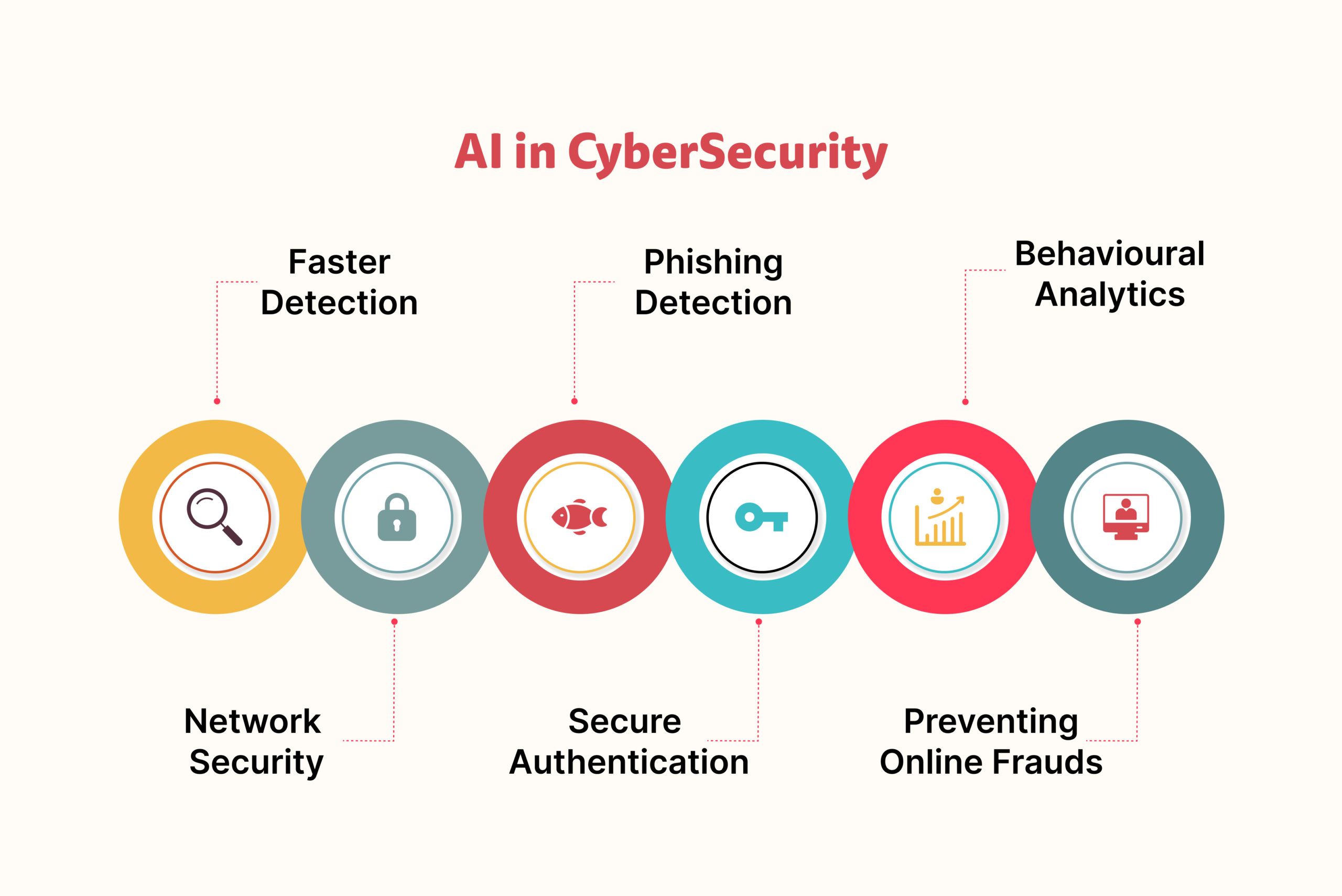As technology advances, so do the capabilities of cyber threats. With cyberattacks becoming more sophisticated and frequent, organizations are increasingly turning to artificial intelligence (AI) to enhance their cybersecurity measures. AI has the ability to detect and respond to threats faster than traditional methods, making it an invaluable tool in the fight against cybercrime.
Benefits of AI in Cybersecurity
There are several key benefits to incorporating AI into cybersecurity strategies:
Real-time threat detection: AI-powered systems can analyze vast amounts of data in real-time to identify potential threats and anomalies.
Improved accuracy: AI algorithms can learn and adapt to new threats, increasing the accuracy of threat detection and reducing false positives.
Faster response times: AI can automate the threat response process, allowing for faster mitigation of cyber threats.
Enhanced threat intelligence: AI can analyze patterns and trends in data to provide valuable insights into emerging threats.
Use Cases of AI in Cybersecurity
AI is being used in a variety of ways to strengthen cybersecurity measures:
Network Security: AI can monitor network traffic and detect suspicious activity, such as unusual access patterns or unauthorized data transfers.
Endpoint Protection: AI-powered endpoint protection solutions can detect and block malware in real-time, preventing attacks on individual devices.
Threat Intelligence: AI can scan vast amounts of data to identify patterns and indicators of potential cyber threats, helping organizations stay one step ahead of attackers.
Security Analytics: AI can analyze security logs and data to identify potential vulnerabilities and prioritize security efforts.
Challenges of Implementing AI in Cybersecurity
While AI offers many benefits in enhancing cybersecurity measures, there are also challenges to consider:
Data Privacy: AI systems require access to large amounts of data, raising concerns about data privacy and compliance with regulations such as GDPR.
Complexity: Implementing AI in cybersecurity can be complex and require specialized skills and resources.
Adversarial Attacks: AI systems themselves can be vulnerable to attacks, such as adversarial attacks that manipulate the AI’s algorithms.
Conclusion
AI is revolutionizing the field of cybersecurity by enabling organizations to detect and respond to threats faster and more effectively than ever before. By leveraging AI technologies, organizations can strengthen their security measures and stay ahead of cyber threats in an increasingly digital world.
© 2022 The Best Copywriter for the Tech Niche. All rights reserved.
